|
Climate change is real – it is happening right now. It is not something that we will have to deal with at some point in the future. Were you impacted by Hurricane Fiona? So many people were. Some lost their homes entirely. So often you hear “Well, the government ought to….”- you fill in the blank. Yes, world leaders need to take action. But each and every one of us must also take responsibility for our personal choices. And we’ve been doing so – there are no more single use plastic bags being given out at retail locations. There is a strong shop local/support local movement. Each step is an important step. A step towards a healthy climate for our children and grandchildren. For decades, we have been applying chemical fertilizers and pesticides to enhance our food production, to ensure green lawns and pretty flowers. We often apply fertilizers 6-7 times a year! This results in overfertilization, and run-off of nitrogen and phosphorus into our waterways, causing fish kills and aquatic dead zones. The World Health Organisation predicts that we will see a 77% rise in cancer rates by 2050. High levels of nitrates in our ground water double a person’s chance of getting several forms of cancer. The Canadian Cancer Society recommends phasing out the use of pesticides in home and personal fruit and vegetable gardens. Pesticides cause a loss of biodiversity, destroying insects that are the natural enemies of pests and reducing the nutritional value of our food. Fertilizers and pesticides were not created with the aim to harm people or the earth – but the research shows that the harm far outweighs the benefits and it’s time to look to something new. So, what can we as individuals do? We can move from using chemical fertilizers and pesticides in our gardens to using wool. Yes – wool! It has been used in gardens for centuries. It is, however, not readily available to the average consumer. Raw wool is beneficial but it creates a dense mat that doesn’t decompose easily and is not a good choice when planning succession gardens. The solution is quite simple. Take this waste wool and compress it into pellets, making the end product so much easier to ship and so much easier for gardeners to handle! So many Maritime sheep farmers have no market whatsoever for their wool. 95% of the Canadian wool clip is sold to the Canadian Cooperative Wool Growers Ltd (CCWG) in Carleton Place, ON. In 2016, CCWG paid sheep farmers an average of $0.76/lb for their wool but, in 2023, CCWG offered $0.10 to $0.25/lb. This doesn’t even cover the cost of shearing, much less shipping it all the way to Ontario! So much of our Maritime wool ends up in landfill. What a waste of a wonderful natural resource. At Knit Pickers PEI, I source wool from Canadian farmers and mills only. I heard about the challenges facing our sheep farmers. When I discovered wool pellets, I started investigating what it would take to open a wool pellet mill here in PEI. It was no easy feat – you need a separate building with good ventilation, specialized equipment that must be imported from the US and heavy-duty electrical wiring. Not an inexpensive venture. I researched various loans and grants available to small businesses. Through Innovation PEI, I applied for their Ignition Fund which is for innovative business ventures or new products. You face a “Dragons Den” style panel to pitch your idea and defend your proposal. In January, 2023, I was honoured to be one of five recipients of the Ignition Fund. And in April, 2023, I was the recipient of the Desjardins GoodSpark Grant! I also was one of only six companies to be awarded a grant from Staples, which I am using for promotional printing. These grants were absolutely instrumental in moving this project forward. The new building is in place. The equipment was due to arrive between mid-March and mid-April but the manufacturer is a few weeks behind schedule. Fingers crossed it arrives soon! The electrical work is almost complete - we just need to hard-wire in the equipment. I currently have almost 1,000 pounds of waste wool waiting to be turned into pellets, and more is on its way. Knit Pickers PEI is offering farmers $1.00 per pound for their wool – substantially more than CCWG offers. This wool which will be turned into garden pellets provides a sustainable stream of income for Maritime sheep farmers and will keep wool out of our landfill. Wool pellets can be used as mulch or incorporated into the soil and are only applied once a year. They break down slowly, adding slow-release nitrogen, potassium and other nutrients with no dangerous run-off. The NPK ratio is, on average, 10-0-3. Wool pellets sequester carbon while also reducing the need to water by 20-40%! Wool pellets absorb rainfall like a sponge, protecting young plants from drowning in a heavy downpour. They also hold onto humidity, releasing it when conditions turn dry, reducing the need to water and protecting plant roots. They would be an ideal addition to any gardener’s drought contingency plan! Wool pellets keep the soil cooler in the summer and warmer in the fall, extending our growing season. They add aeration to the soil, reducing slugs and other pests. Wool pellets can be incorporated into the soil as an amendment. One KG of pellets would cover about 25 square feet of garden. It can also be used as a mulch. With so many wildfires in 2023, fire marshals are recommending against the use of wood chips in garden beds in close proximity to homes. Wool does not like to burn – so wool pellets are an ideal replacement for wood chips as mulch. If applied as a soil amendment, it fully decomposes in about 3 months. If used as a mulch, it will fully decompose in about a year. You can even use wool pellets blended with peat-free potting soil to create soil blocks for new seedlings! Let’s step away from chemical fertilizers and pesticides that can cause damage to our environment as well as our health and use a natural, eco-friendly product like wool pellets! It’s not only a win for our planet and our health, it also supports our local farmers.
Comments are closed.
|
AuthorLive life luxuriously! Classic simplicity is what I enjoy the most - in clothing design, home decor and in life! Archives
June 2024
Categories |
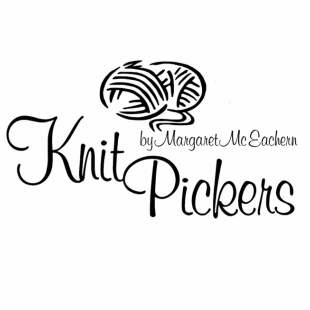
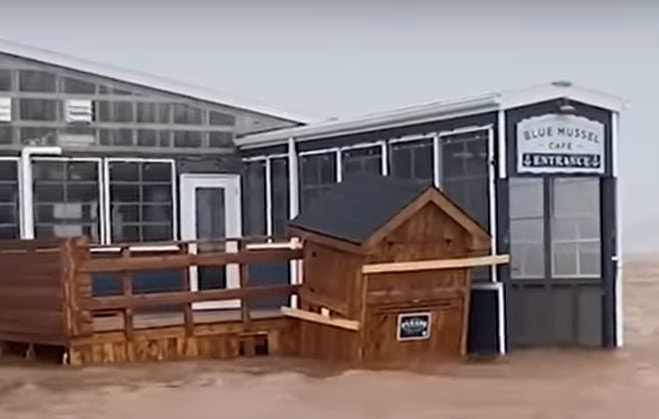
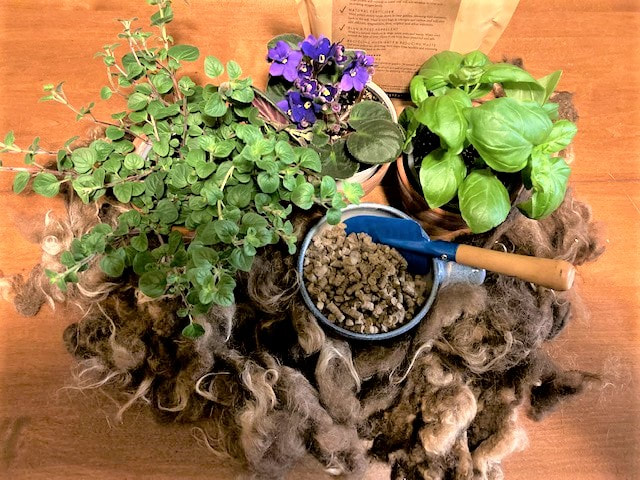

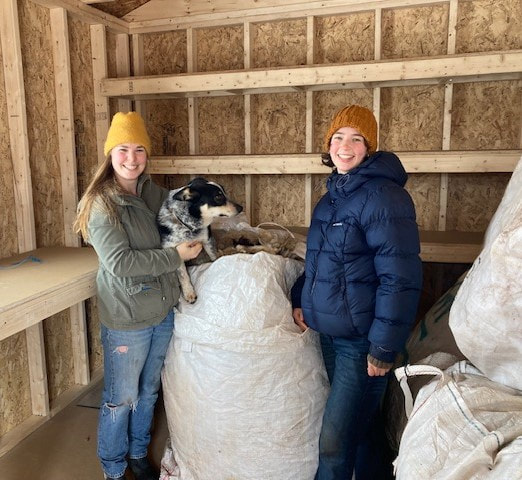
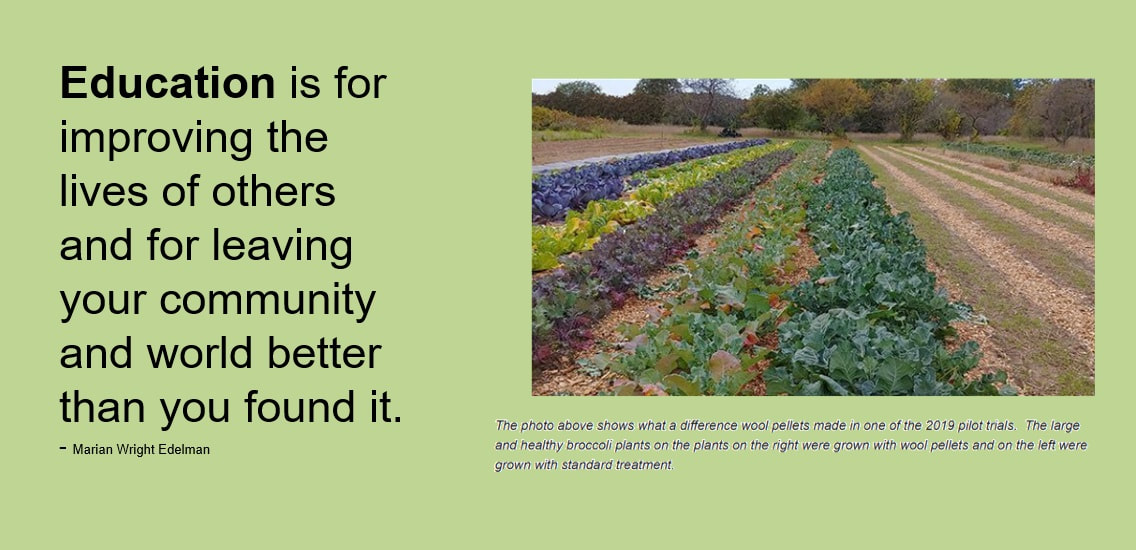
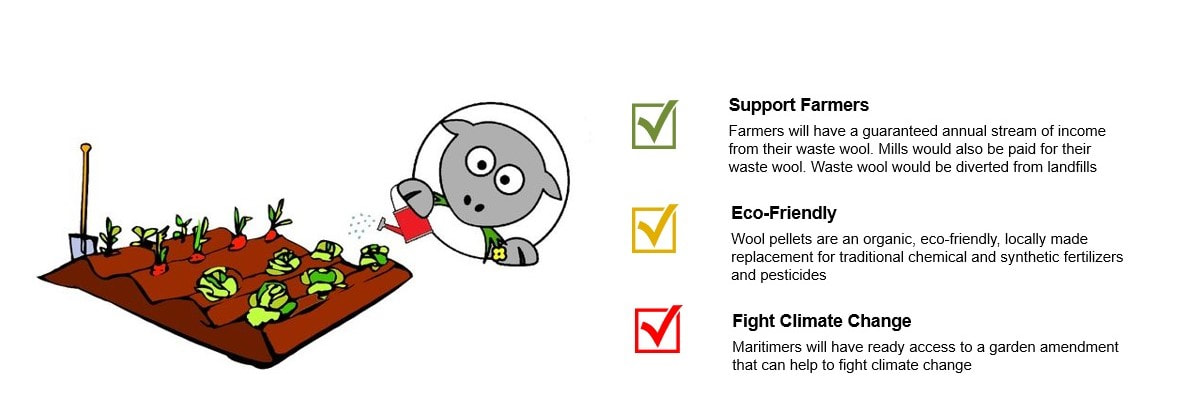
 RSS Feed
RSS Feed